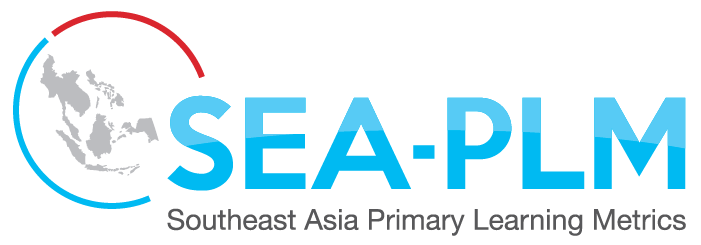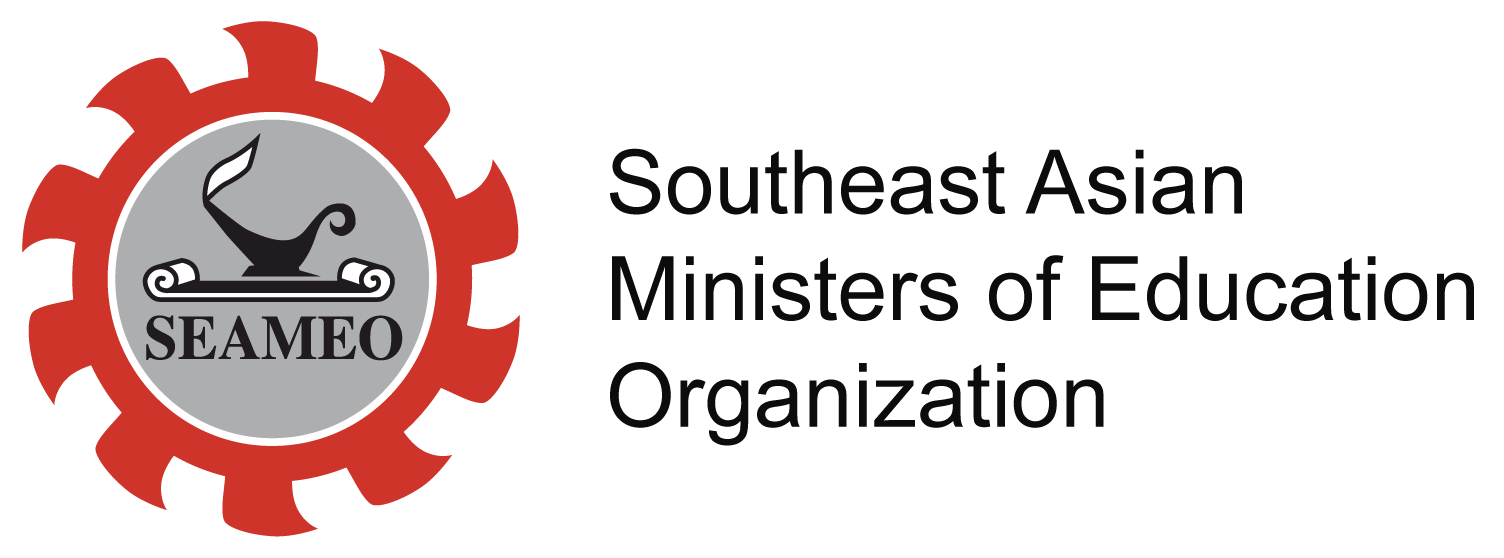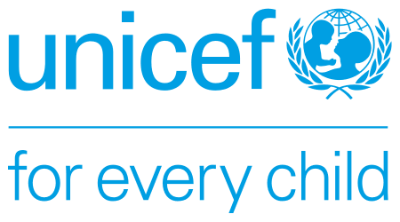Putrajaya, October 2025 - Malaysia convened its second SEA-PLM Country-Level Strategic Workshop under Initiative 2: Evidence-to-Policy Linkages, bringing together policymakers, technical experts, and development partners to translate learning evidence into concrete classroom-level improvements.
Convened in Putrajaya on 16–17 October 2025, the workshop built on Malaysia’s first country-level workshop held in May 2025 and aligned national priorities with the upcoming SEA-PLM 2024 Main Regional Report. The sessions were co-facilitated by the SEA-PLM Regional Secretariat, SEAMEO Secretariat, and UNICEF East Asia and Pacific Regional Office (EAPRO), fostering cross-sector collaboration to connect data, policy, and delivery. The workshop was made possible with the generous support of the ASEAN-UK SAGE programme.
The focus of the workshop was turning these insights into action. Malaysia tabled the Foundational Literacy and Numeracy Expertise Enhancement Programme (FLNEEP) under Initiative 2, aiming to build a cadre of 100 teachers and trainers able to design high-quality assessment items aligned to international large-scale assessment frameworks. The proposal includes exploring responsible AI integration for item generation, coupled with expert review to ensure quality and appropriate difficulty, and complementary capacity building on differentiated pedagogy, fun learning, and 21st-century classroom practices. The team also highlighted the value of adapting learning materials so teachers can continually tailor instruction to the range of abilities in their classrooms.
Opening the workshop, the SEAMEO Secretariat underscored the importance of aligning national action plans with regional timelines. Key priorities included finalising Initiative 2 interventions, completing System-Level Questionnaire (SLQ) Module 3, strengthening coordination through the National Steering Committee (NSC), and synchronising communications ahead of the regional report’s release.
Workshop discussions created space for reflection on what the SEA-PLM data reveal about Malaysia’s education system. Malaysia’s multilingual context, where Malay, Chinese, Tamil, and English are used as languages of instruction, remains a source of inclusion and cultural strength, but also presents instructional challenges when learners’ home language differs from the language used in school.
SEA-PLM 2024 regional findings indicate performance gaps in reading and mathematics between students whose home language matches the language of instruction and those for whom it does not. These patterns highlight the need for sustained and targeted linguistic support, particularly in the early grades.
Participants also revisited the lasting impacts of the COVID-19 pandemic and other school disruptions and challenges. While Malaysia’s no-repetition policy supported student wellbeing and continuity, participants agreed that targeted remediation is now essential to prevent early learning gaps from becoming entrenched.
 |
 |
 |
 |
(Left to right) Dr Shamsuddin Mohamad, Dr Nor Saidatul Rajeah binti Zamzam Amin, Mr Azhar bin Mohd Khairy from Ministry of Education Malaysia, Ms Linda Jönsson from UNICEF EAPRO
Participants of 2nd Country Workshop Malaysia
In the coming months, Malaysia will complete SLQ Module 3, finalise its national report and policy briefs under NSC guidance, and prepare for the preliminary national launch on 5 December 2025, followed by a formal national dissemination event. Pilot activities for FLNEEP will also begin, with practical monitoring to document early lessons and inform scale-up.
This second country-level workshop marks a pivotal step in transforming analysis into action—strengthening learning foundations in reading and mathematics for Grade 5 students. Malaysia’s Initiative 2 agenda is more than a policy roadmap; it represents a clear commitment to ensuring that evidence leads to fairer opportunities and better learning outcomes for every learner.
–
SEA-PLM is supported by the UK Mission to ASEAN under the ASEAN-UK Supporting the Advancement of Girls’ Education (ASEAN-UK SAGE) Programme. Its content is the sole responsibility of the SEA-PLM Regional Secretariat and does not necessarily reflect the views of ASEAN-UK SAGE.

|
|
|
|
|
|
|
|





